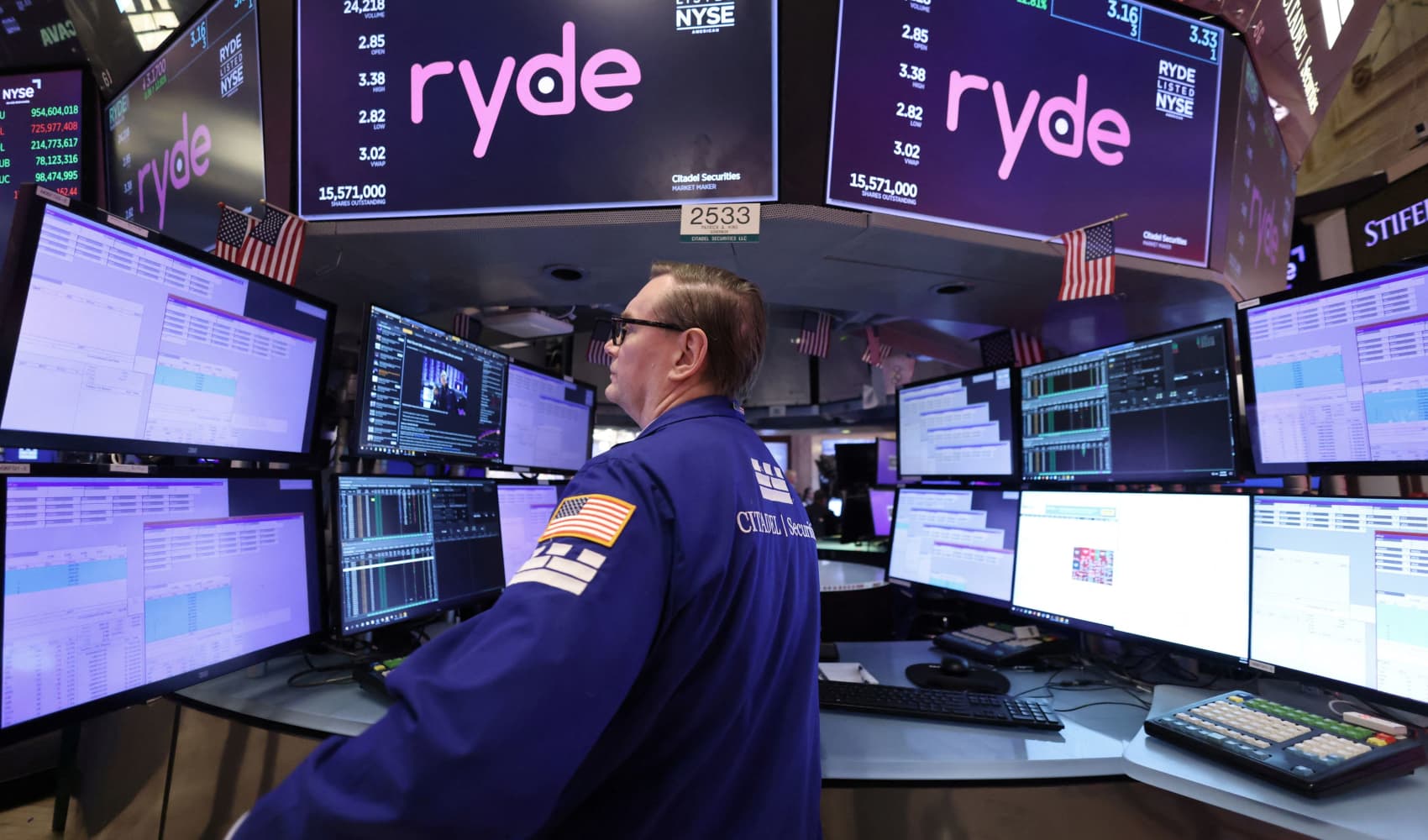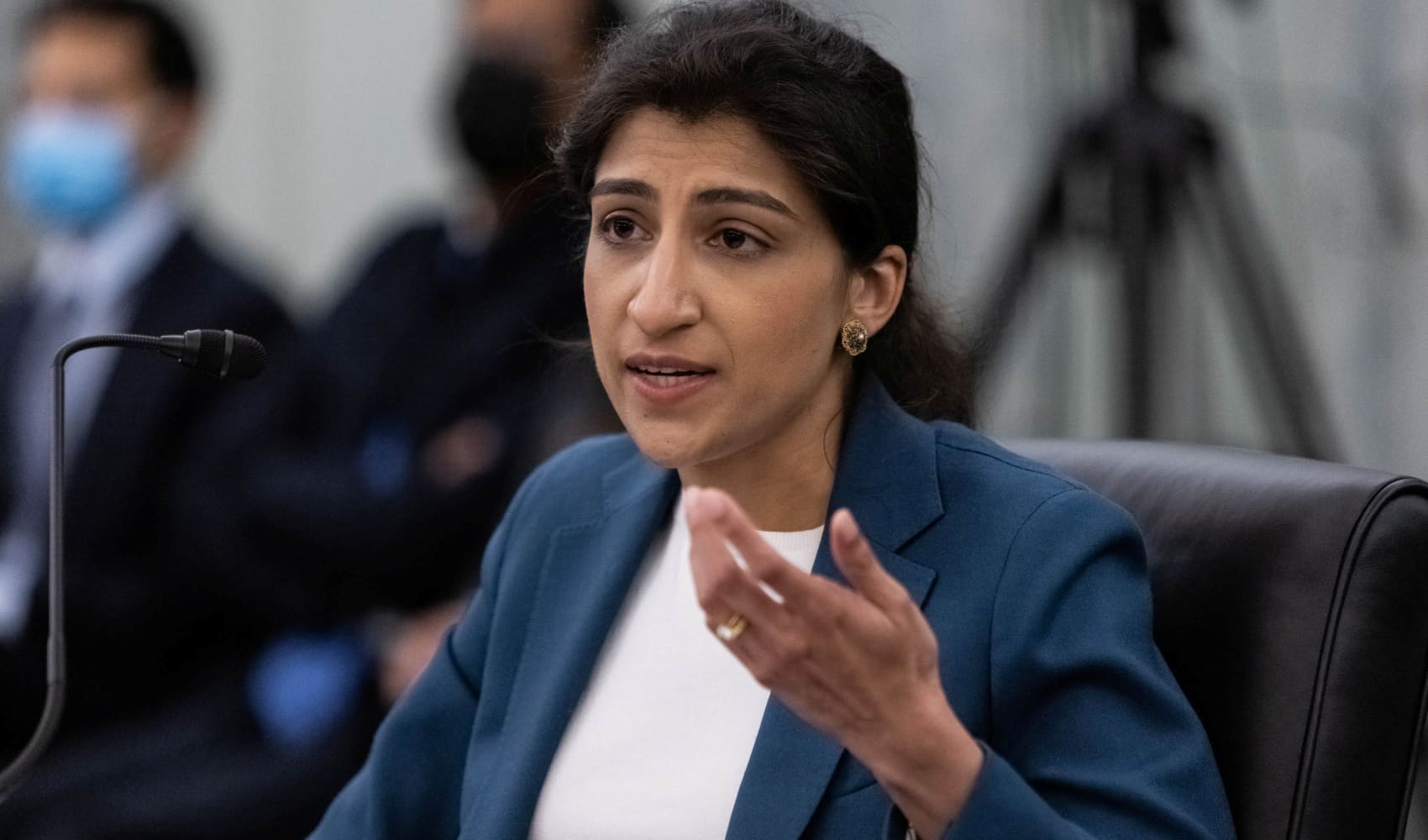
Johns Hopkins reports there are over 250,000 confirmed cases of coronavirus in the U.S. and that number grows daily. But the pandemic affects far more people than just those who contract COVID-19. Medical professionals are struggling without enough protective gear while low-income children are wondering how they'll get their next meal. And millions of Americans are facing unemployment as cities and states around the U.S. issue shelter-in-place orders to halt the spread of the virus.
What can you do to help? There are nonprofit and charitable organizations that are stepping in to provide assistance, from delivering medical supplies to providing meals. Many are urgently seeking donations to continue to their work in these uncertain times.
And you may get a tax break if you're able to donate. The Coronavirus Aid, Relief, and Economic Security (CARES) Act is allowing Americans to deduct up to $300 from their 2020 taxes for charitable contributions. The stimulus package stipulated this was an above-the-line deduction, which means you don't have to itemize to claim the deduction, so more Americans can take advantage. For those who are still working, it may also be worth checking to see if your company matches charitable donations to make your contributions go even further.
If you're not quite sure where to donate, GlobalGiving is spearheading a Coronavirus Relief Fund with the goal to raise $5 million to help with a wide range of initiatives, including covering the cost of sending health-care workers to communities hit hard by the pandemic, source and deliver medical equipment, feed children who rely on school meals and deliver goods to those in quarantined cities and refugee camps.
Nonprofits helping with the coronavirus pandemic
Keep in mind that for many organizations, it's better to donate money than physical items. And while there are dozens of worthy organizations that focus on specific cities and regions, such as City Harvest in New York and Martha's Table in Washington D.C, it can also help to give to nonprofits that are working to provide relief on a national and international scale. Here are a few of the leading organizations involved in the crisis.
Direct Relief
Money Report
Nonprofit Direct Relief is coordinating with public health authorities, businesses and other organizations in the U.S. to provide hundreds of thousands of personal protective items — including masks, exam gloves, isolation gowns and other gear — to health workers responding to coronavirus pandemic. Direct Relief has also worked to provide tents to help health-care organizations triage patients.
The organization is rated a four-star nonprofit on Charity Navigator, which evaluates nonprofits on two main components: the financial health of the nonprofit and accountability and transparency with which they handle funds.
Family Promise
According to the New Jersey-based nonprofit, low-income families are some of the hardest hit by the COVID-19 pandemic. Family Promise aims to help families experiencing homelessness and is currently working with its over 200 affiliates across the country to help keep shelters open and to donate food, supplies and funding.
Family Promise is rated a four-star nonprofit with a nearly perfect score of 99.95 out of 100 on Charity Navigator.
Feeding America
The largest domestic hunger-relief organization, Feeding America has a nationwide network of 200 food banks focused on helping those in need. Some of the organization's food banks are partnering with school districts and after-school programs to offer meals for children and their families while schools are closed. Feeding America is also distributing emergency food boxes and organizing drive-through and outdoor distributions.
Charity Watch gives the organization a grade of a B+.
Operation USA
During the coronavirus pandemic, this Los Angeles-based international disaster relief agency is focused on coordinating deliveries of medical supplies and equipment to support communities in the U.S. that have been increasingly affected by the ongoing health crisis. Operation USA has already delivered thousands of masks, gloves and gowns to organizations in the Greater Los Angeles area.
Operations USA received an 'A' rating from CharityWatch and a 4-star rating from Charity Navigator.
Project C.U.R.E.
Project C.U.R.E. is working to provide personal protective equipment, including N95 masks, gloves and other medical supplies to health-care workers and emergency responders. The nonprofit has delivered thousands of boxes of items to medical professionals around the world, as well as working to supply cities here in the U.S. including Denver, Nashville, Phoenix, Houston, Philadelphia, Kansas City and Chicago.
The organization received a score of 92.70 out of 100 on CharityNavigator.
Project HOPE
For over 60 years, Project HOPE has worked to support local health-care workers. Now with the coronavirus pandemic, it's focused on bringing protective gear for American doctors and nurses. Additionally, the organization has activated its global roster of medical volunteers to provide staff in hard-hit U.S. cities, including Chicago. The organization is also coordinating international efforts in high-risk countries like North Macedonia, Kosovo, Ethiopia, Indonesia and Colombia.
The organization received three out of four stars from Charity Navigator.
World Central Kitchen
With traditional meal programs, child-care services and senior centers struggling to stay open, World Central Kitchen has stepped in with its #ChefsForAmerica. The organization is serving nearly 100,000 meals every day across the country in major metros such as New York, Chicago, Los Angeles, New Orleans, Boston, as well as smaller cities such as Fairfax, Virginia; Oakland, California; and Little Rock, Arkansas.
Giving beyond money
If you're looking to give something other than a monetary donation, consider donating blood through the American Red Cross or a local blood center. The coronavirus pandemic has caused many blood drives to be canceled, so the Red Cross is urging people to keep blood, platelet or plasma donation appointments to ensure there's a stable supply during these uncertain times.
You can also sign up to be a Meals-on-Wheels volunteer through your local chapter. You can sign up to be an on-call driver to ensure that the organization can get meals to those in need. Volunteer shifts usually last for about an hour and are available between 11 a.m. and 1 p.m. during the week.
Do your homework before donating
The easiest way to verify a charity's legitimacy is to look it up on a watchdog site such as Charity Navigator, CharityWatch, BBB Wise Giving Alliance and Great Nonprofits. These sites rate nonprofits and allow you to find out more about the organization and how donations are spent.
There are many community-based initiatives that are responding to the coronavirus pandemic, so they may not be rated. If that's the case, you can usually find information on their website about their effectiveness and how funds are used. CharityWatch recommends only working with organizations that spend 75% of their budget on program services. Additionally, they should spend no more than $25 to raise $100.
If you can't find information on the website, you can check the charity's tax return, also known as Form 990. These can be found on GuideStar and will give you information on how much the charity brings in and how the money is spent. You can also get in contact with an organization directly, but check to make sure that they can verify where your donation is going.
Prioritize organizations that limit processing fees, by giving directly through an organization's website. Some third-party payment processors will charge the charity fees and donation platform costs. PayPal, for example, charges a fixed fee of $0.30, plus 2.2% per transaction.
When donating to a campaign on GoFundMe and other crowdfunding options, you should have a clear understanding of where the donations are going and what the money will be used for. Look closely at who is collecting the funds and how they are related to the cause.
GoFundMe has a team that works to verify each campaign and ensure the funds get to the intended recipient. If the funds are not delivered, GoFundMe offers a donor protection guarantee.
Don't miss: Uninsured Americans could be facing nearly $75,000 in medical bills if hospitalized for coronavirus
Check out: The best credit cards of 2021 could earn you over $1,000 in 5 years






